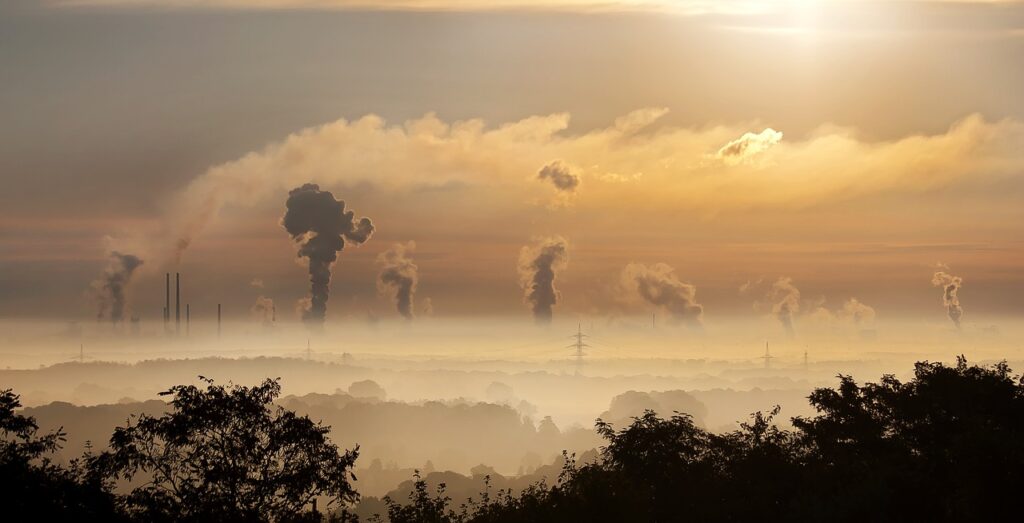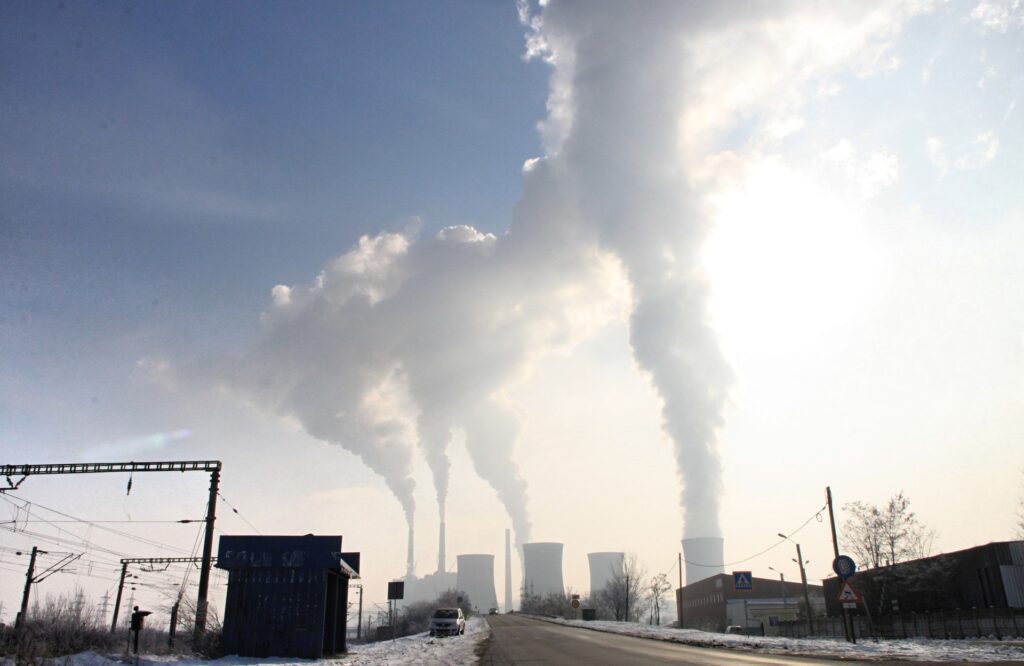- EPA’s recent update to its air quality standards for fine particulate matter (soot) falls short of what is needed to protect the health of Latino communities, which are disproportionately impacted by air pollution.
- Experts argue the standard is not stringent enough to address the latest scientific evidence linking soot pollution to premature deaths, heart attacks, and other health problems.
- Latino communities are particularly vulnerable because they are more likely to live near sources of pollution and to suffer from asthma and other respiratory illnesses.
- The EPA should have adopted a more protective standard based on the latest scientific evidence and should invest more into clean energy and other solutions to reduce air pollution.
- There is a need for stronger action to address the public health impacts of air pollution, especially for communities that are most at risk.
By The Hill | March 11, 2023
On Jan. 6, the Environmental Protection Agency (EPA) released a proposal to strengthen the annual standards for fine particulate matter, commonly known as soot, from 12 ug/m3 to between 9 and 10 ug/m3, despite an overwhelming body of evidence showing that stronger limits are necessary to mitigate the decades of harm soot pollution has caused, particularly to the country’s Latino population.
Due to its small size, soot can penetrate our lungs and bloodstream, causing devastating health impacts, including premature death, heart disease, cancer and aggravated asthma, among others. It is one of the reasons the Latino population has a relatively high rate of asthma, with approximately 3.8 million American Latinos grappling with — and in some cases dying from — the chronic lung disease.
Because Latinos are overrepresented in occupations where people work outside such as agriculture, construction and landscaping, we are more vulnerable to outside air contamination, including unsafe levels of particulate matter pollution, or soot, which is a byproduct of fossil fuels and consists of minute particles 30 times smaller than the width of a human hair.
People who suffer from asthma often describe an attack as like trying to breathe with a pillow covering their face. It is nothing short of terrifying, and Latinos in the United States are twice as likely as non-Latino white people to visit an emergency room due to such an episode. This health disparity, which also affects Black and Indigenous populations in the United States, most gravely impacts the Latino community’s younger members, who are 40 percent more likely than non-Latino white children to die from asthma.
It is an environmental justice crisis…
Read more from The Hill.



